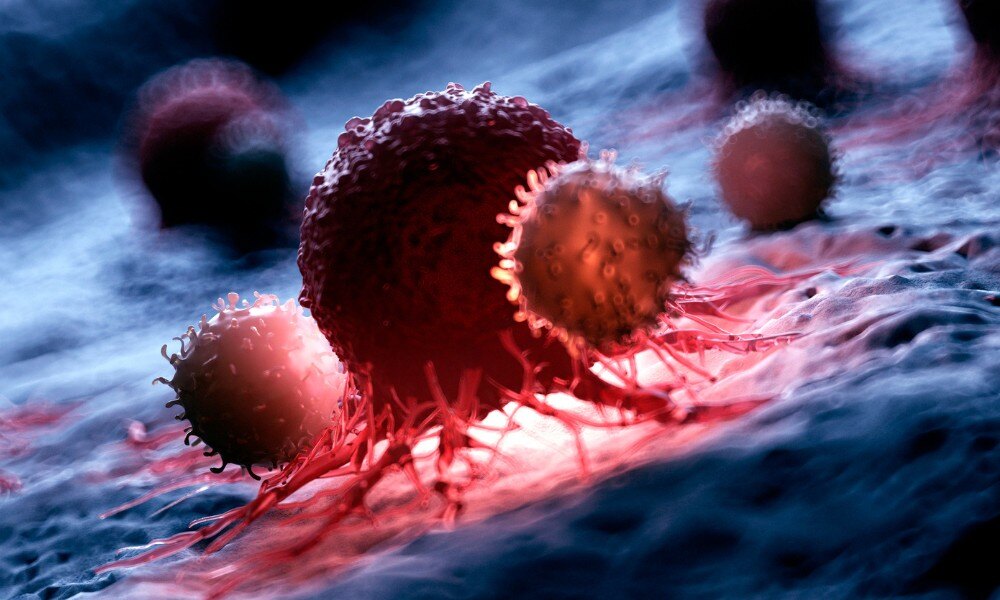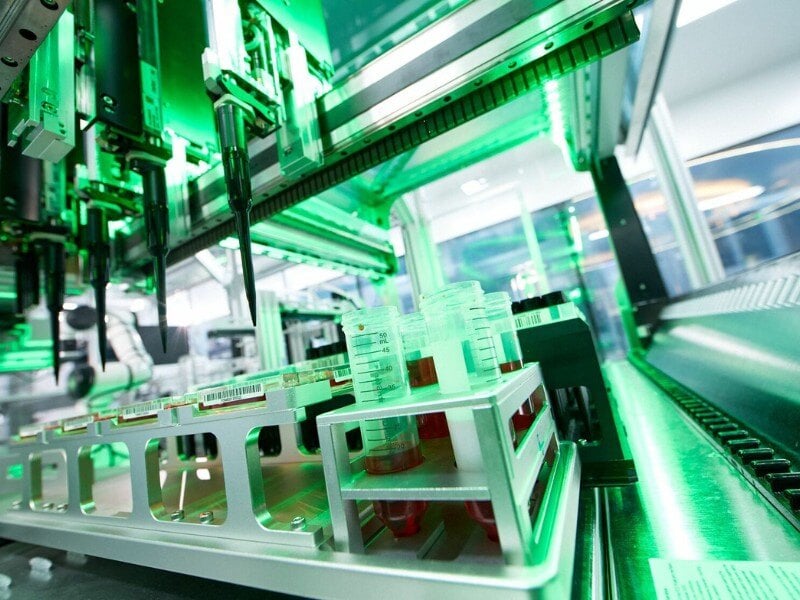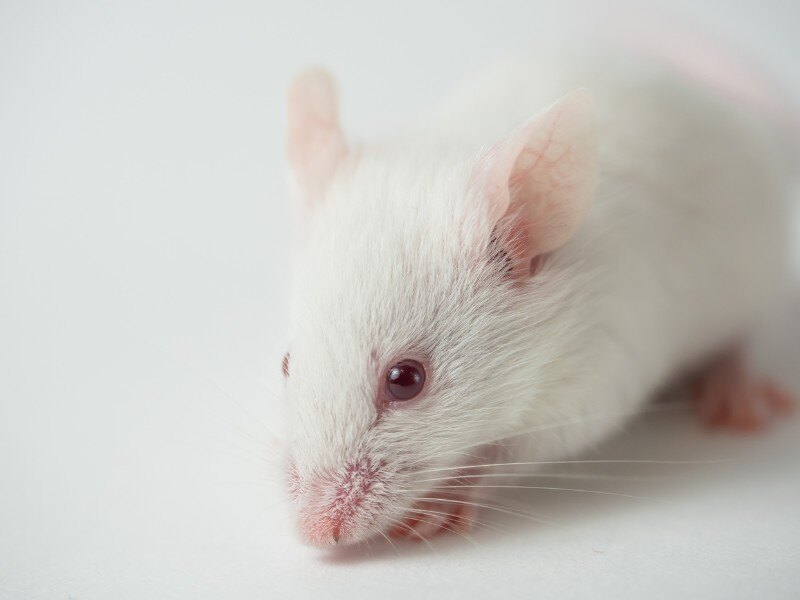New Funding Given to Network of Experimental Cancer Medicine Centres

Funding has been increased for experimental cancer medicine centres (ECMCs) in the UK, aimed at accelerating access to clinical trials for cancer patients. The move will help bring new science to patients with cancer with the hope of generating fresh approvals for oncology therapeutics.
A network of 29 ECMCs, or experimental cancer medicine centres, in the UK will receive 43 million GBP over the next five years. The money will fund trials for promising experimental cancer treatments.
The network of facilities comprises 18 that are directed at adult medicine and 11 paediatric centres. They are spread across the whole of the UK, with seven in London, and others in Edinburgh, Belfast, Cardiff, and elsewhere.
- What are the Key Challenges in Developing Bispecific Antibodies for Cancer Immunotherapy?
- Approaches to Combinational Immunotherapies: From Clinic to Approval
The centres will be funded thanks to partnership from Cancer Research UK (CRUK), the National Institute for Health and Care Research (NIHR), and the Little Princess Trust.
“Since 2016, The Little Princess Trust has been funding research with the aim to improve outcomes with targeted treatments with less toxicity for children and young people with cancer. We have made progress but there is more to do!” said Phil Brace, CEO of the Little Princess Trust which will add 2.2 million GBP to the pot for the paediatric centres.
“We have made progress but there is more to do!”
ECMCs offer a wide range of clinical trial capabilities for cancer therapeutics such as, precision medicine, immunotherapy, combination therapy, and haematology. Personalised medicines that use genetic markers of patients to direct therapy are also among those that they wish to trial.
Experimental medicine is critical for the development and translation of new cancer drugs. Because drugs intended to treat cancer are often aggressive, trials need to centre around willing patients that have the disease, rather than healthy participants. ECMCs therefore exist to provide a space for early-phase (preclinical – phase II) trials to take place.
“The ECMC network is delivering the cancer treatments of the future, bringing new hope to people affected by cancer. The trials taking place today will give the next generation the best possible chance of beating cancer,” said Iain Foulkes, Executive Director of Research & Innovation at CRUK.
Get your weekly dose of industry news?here?and keep up to date with the latest?‘Industry Spotlight’ posts.?For other Immuno content, please visit the?Immuno Content Portal.








